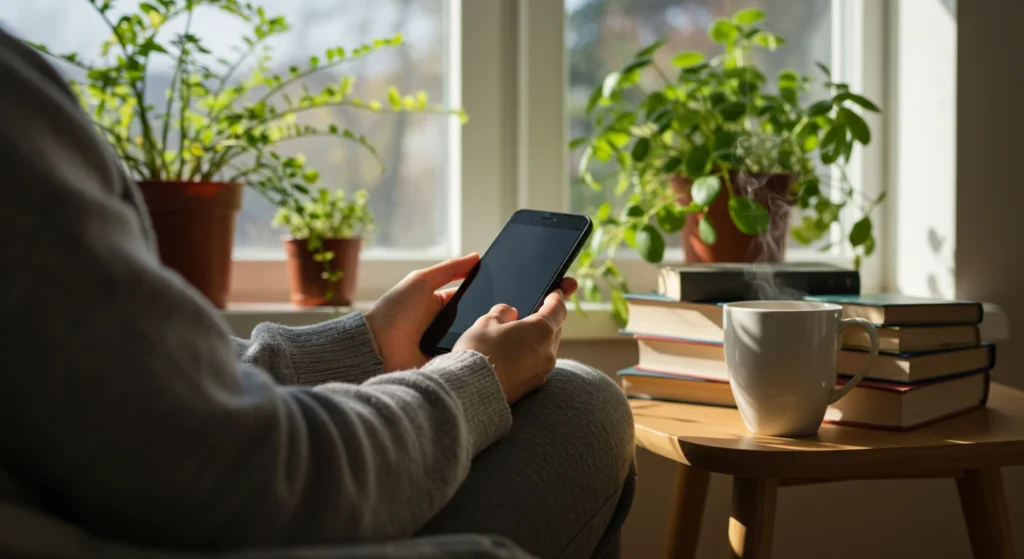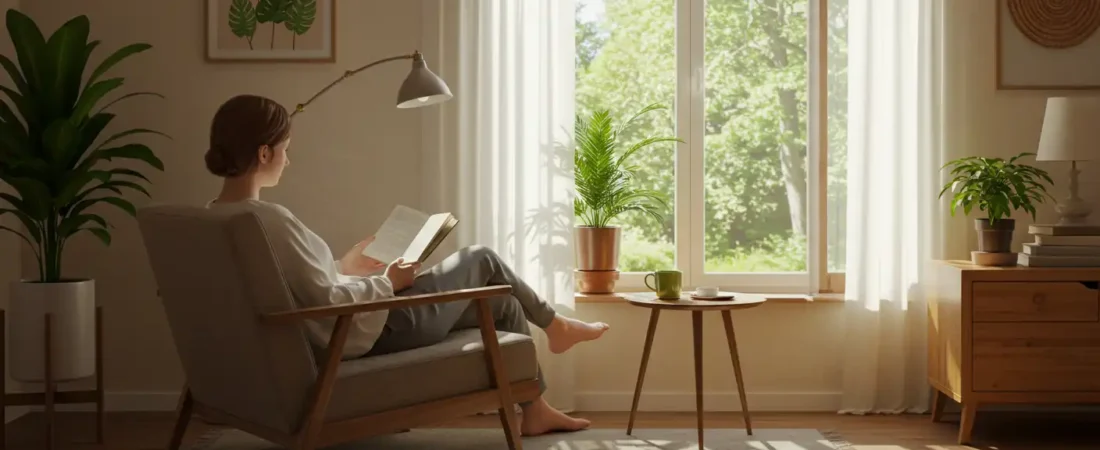Introduction
In today’s hyperconnected world, the effects of social media on mental health are increasingly evident. Constant notifications, endless scrolling, and the pressure to stay updated can lead to anxiety, depression, and sleep disturbances. Embracing a digital detox for mental health offers a pathway to reclaim your well-being, improve sleep quality, and foster genuine connections.
Understanding the Effects of Social Media on Mental Health

The Effects of Social Media on Mental Health: A Double-Edged Sword
Anxiety and Depression in the Digital Age
At first glance, social media seems like a helpful tool for maintaining relationships and discovering new content. However, many users report increased feelings of anxiety and depression. According to a study published by Forbes, frequent engagement with these platforms correlates with heightened emotional distress, particularly among teenagers and young adults.
One reason is the constant bombardment of idealized images and lifestyles, which creates unrealistic expectations and contributes to chronic dissatisfaction. Over time, this digital environment fosters emotional exhaustion, fear of missing out (FOMO), and even feelings of social isolation despite being “connected.”
Sleep Disruption and Screen Overload
Another major concern is sleep disruption, especially among those who scroll through their feeds late into the night. The blue light emitted by screens interferes with melatonin production, making it harder to fall asleep and reducing sleep quality overall.
As SleepTest.com highlights, “excessive exposure to screens before bedtime contributes significantly to insomnia and irregular sleep cycles” (SleepTest.com, 2023). This lack of quality rest doesn’t just leave you tired it negatively impacts memory, concentration, and emotional regulation, further compounding mental health issues.
Reduced Self-Esteem and Online Comparison
Equally damaging is the tendency to compare oneself to others. Users are constantly exposed to curated images portraying perfect lives, flawless skin, and exotic vacations. Unsurprisingly, this leads to reduced self-esteem, particularly in adolescents.
A revealing article from the New York Post explains that “social media platforms contribute to a distorted sense of reality, pushing young users into cycles of comparison and inadequacy”. These comparisons are not just emotionally draining they can be deeply damaging over time, leading to body image issues, imposter syndrome, and depression.
Digital Detox Mental Health Benefits and the Rise of Misinformation
Battling Misinformation in Mental Health Spaces
One of the most alarming developments is the proliferation of misinformation regarding mental health. Platforms like TikTok, while popular, are often flooded with unverified advice and inaccurate diagnoses.
In fact, a New York Post investigation found that over 50% of popular TikTok videos tagged with #mentalhealthtips contained false or misleading information. This can mislead vulnerable viewers into self-diagnosing or avoiding professional help, causing more harm than good.
Moreover, algorithms often prioritize viral content over accuracy, meaning sensationalized not scientific advice gets the most visibility. This environment makes it difficult for users to discern trustworthy sources, putting their mental well-being at greater risk.
How to Do a Digital Detox to Reclaim Mental Health
In light of these issues, many people are exploring how to do a digital detox to restore balance and mental clarity. A digital detox involves intentionally stepping away from screens, especially social media, to reconnect with real-life experiences and recharge emotionally.
Here are some practical steps:
- Set Screen Time Limits using phone settings or apps like Forest or Freedom.
- Designate No-Phone Zones, especially in the bedroom and during meals.
- Plan Offline Activities like walking, reading, or journaling.
- Turn Off Notifications to minimize constant distractions.
- Take Social Media Sabbaticals, such as 24-hour or weekend breaks.
By gradually reducing screen dependency, individuals can experience lower stress levels, improved focus, and more meaningful personal interactions.
Unplug for Better Sleep and Mental Clarity
Why Sleep and Mental Health Depend on Disconnecting
Unplugging from screens especially before bed is one of the simplest yet most powerful ways to boost mental health. Unplug for better sleep isn’t just a trendy phrase; it’s supported by science.
A study from the Journal of Clinical Sleep Medicine reveals that individuals who avoid screens an hour before bedtime sleep longer and more deeply than those who don’t (JCSM, 2019). Better sleep enhances emotional regulation, lowers cortisol levels, and improves resilience to daily stress.
Transitioning away from late-night scrolling can feel uncomfortable at first, but the mental and physical benefits quickly become apparent. Sleep becomes restorative, mornings more energizing, and overall mood more stable.
Unplug for Better Sleep: Evening Rituals
Creating a bedtime routine that excludes screens can significantly improve sleep quality. Consider:
- Reading a Physical Book: Engage in light reading to relax the mind.
- Meditation or Deep Breathing: Practice mindfulness techniques to prepare for restful sleep.
- Warm Bath: A soothing bath can signal the body it’s time to wind down.
Take the First Step Towards Mental Clarity and Digital Detox
Embarking on a digital detox for mental health is a proactive step towards enhancing your well-being. By understanding the effects of social media on mental health and learning how to do a digital detox, you pave the way for improved sleep, better focus, and deeper connections. Start your journey today and experience the transformative power of unplugging.






